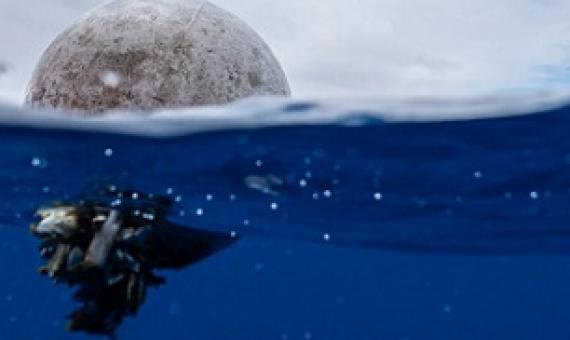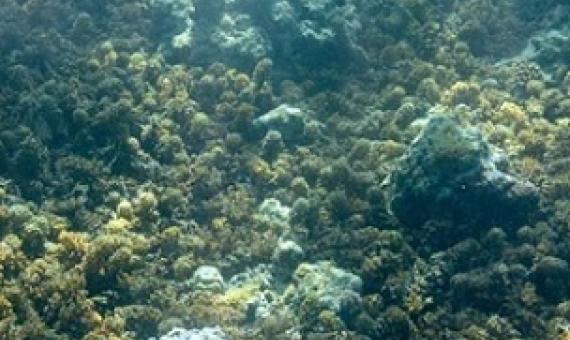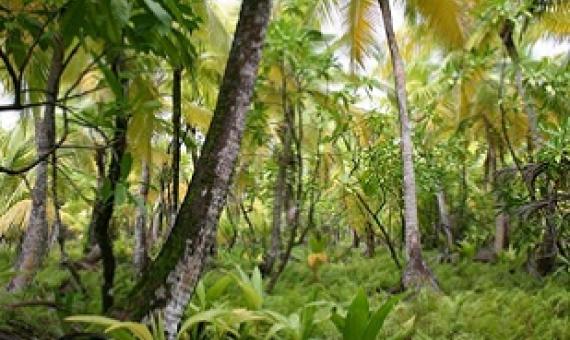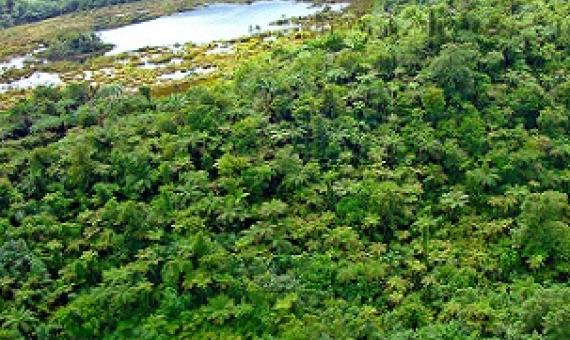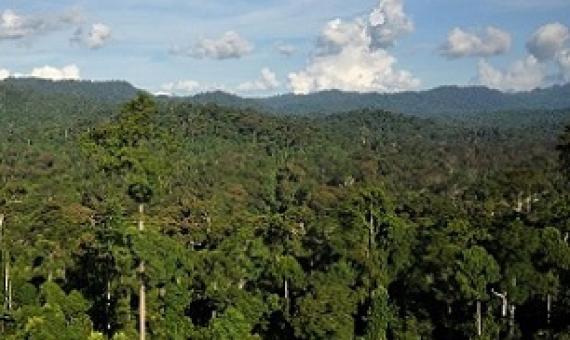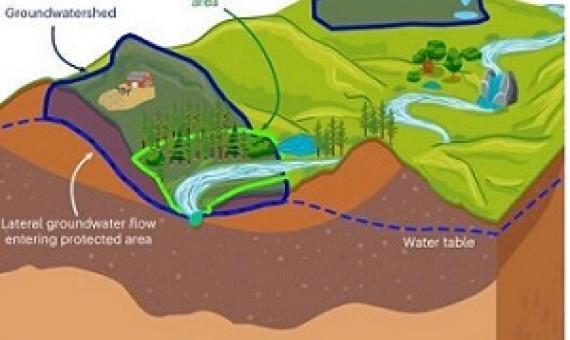Scientists have found thriving communities of coastal creatures, including tiny crabs and anemones, living thousands of miles from their original home on plastic debris in the Great Pacific Garbage Patch – a 620,000 square mile swirl of trash in the ocean between California an
For millennia, hunting has been a prestigious and traditional activity in many Papua New Guinean cultures.
Natural disasters can devastate a region, abruptly killing the species that form an ecosystem's structure. But how this transpires can influence recovery. While fires scorch the landscape to the ground, a heatwave leaves an army of wooden staves in its wake.
A trio of botanists, two from the University of Galway's School of Natural Science and the third from the University of Leeds' School of Geography, has found via testing that most smartphone apps that identify plants are inaccurate.
An interdisciplinary team of researchers at the University of Oklahoma has published a perspective article in the journal Proceedings of the National Academy of Sciences advocating for convergent research that integrates the fields of biogeography and behavioral ecology to more
When faced with uncertainty, we often look for predictions by experts: from election result forecasts, to the likely outcomes of medical treatment.
Tropical forests provide a variety of ecosystem services that are also of great global relevance, such as climate regulation and the provision of habitat for animals and plants. However, climate change can impair these services, which also has serious economic consequences.
How much are nature reserves shaped by influences beyond their boundaries? An international research team with the participation of Prof.
Marine Protected and Conserved Areas in the time of COVID
The intersection of potential global targets and commitments for ocean conservation with the COVID-19 pandemic in 2020 has resulted in an opportunity to rethink the future of marine area-based conservation tools, particularly for marine protected and conserved areas (MPCAs). As MPCAs continue to provide essential ecological, social and economic services, current approaches to establishing and managing these areas require an understanding of the factors that drive the pressures they face.
Why Human rights matter for marine conservation
Human rights matter for marine conservation because people and nature are inextricably linked. A thriving planet cannot be one that contains widespread human suffering or stifles human potential; and a thriving humanity cannot exist on a dying planet. While the field of marine conservation is increasingly considering human wellbeing, it retains a legacy in some places of protectionism, colonialism, and fortress conservation.

